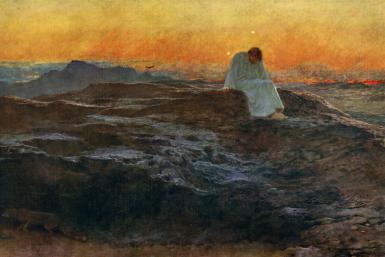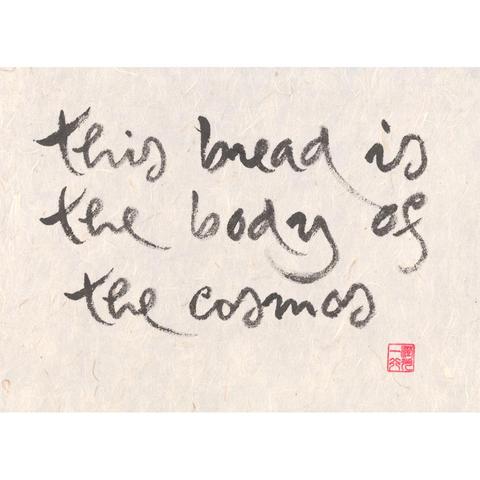Reflections on preparing for a journey: themes from trials in the wilderness scripture
Not all those that wander are lost. — J.R.R. Tolkien Wandering re-establishes the original harmony which once existed between man and the universe. — Anatole France Every day is a journey, and the journey itself is home. — Matsuo Basho Faith is taking the first step even when you don’t see the whole staircase.— Rev […]
Reflections on water & respite in hard times and places
As one commentator says, “there are many kinds of thirst.” Where do we find respite and rescue in the midst of dry, hard, troubled times? What are the wastelands of our lives? Where do signs of life surprise us in our personal and communal “desert places”? You should not see the desert simply as some […]
Meditation on manna from heaven and the last shall be first
Meditation from this week’s texts: grace in unexpected times and places — manna in the desert and overturning the social order when ‘the last shall be first’ The Last Shall Be First Love someone who doesn’t deserve it. — Wendell Berry Maybe God (or Goodness or Good Orderly Direction or Gift of Desperation) is in […]
Meditation: drink from the well — wonder & curiosity
I think us here to wonder, myself. To wonder. To ask. And that in wondering bout the big things and asking bout the big things, you learn about the little ones, almost by accident. But you never know nothing more about the big things than you start out with. The more I wonder, the more […]




